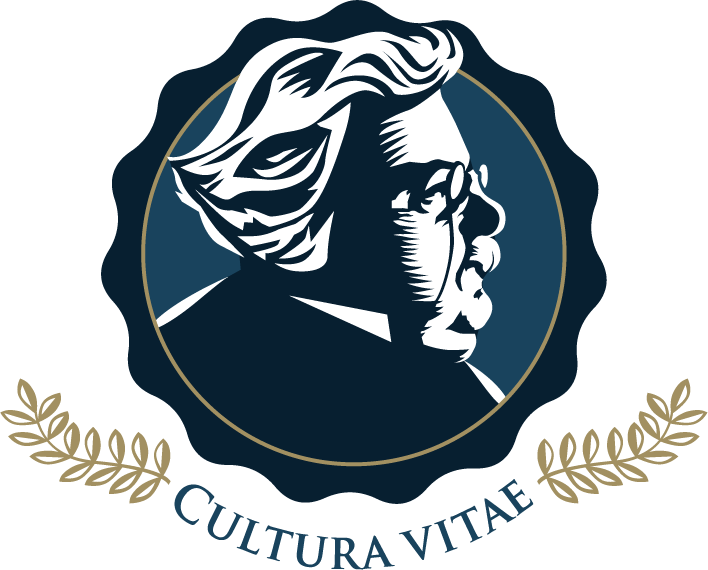Theater of the Word
Pope John Paul II once said we could know him best by studying his plays. His understanding of the role of drama, of the spoken word, in proposing truth to the world is at the core of all his writings about human freedom and human destiny.
In Nazi-occupied Poland, during WWII, young Karol Wojtyla considered how theater might be a means to restore man to himself. He was opposed, in principle, to a school of thought in which theater becomes a quasi-liturgical event, and where actors so strip away the elements of self as to become empty transmitters between impulse and action, drama and audience. Believing that the actor’s gift of self must not be a complete negation of self, Wojtyla emphasized the primacy of the spoken word over emotive gesture in his plays.
His Rhapsodic Theatre was a form of cultural resistance to the Nazi suppression of national identity. Stories that help us hold onto the narrative of our people help us hold onto our individual sense of self. Naturally, Poland’s masterworks of literature and her history were not welcome under German occupation.
Wojtyla and friends presented their adaptations of these essentially Polish stories in cramped spaces, in secret, in real danger, with few props and no lighting or sound technology. The actors wanted to so lift up the words as to convey idea most purely and emphatically. Just as an icon points back to the viewer for its full realization in his own being, their plays created a sacred space of encounter between audience and idea. As the viewer is moved, is provoked to come to a judgment, is challenged to respond, that space opens to God’s action within him.
Instead of propelling a wave of emotional stimuli, and initiating a thoughtless movement of gestural imitation in an audience, Rhapsodic Theatre, with its ‘words like a song’, sought to serve idea by proposing it well, and serve listeners by respecting the boundaries of their personhood. The Theatre of the Word demands more from us than to sit still while others act, vicariously experiencing action while atrophying in our own capacity to act. Instead of a bath of emotions, ‘free’ of intellectual analysis, reason, and judgment, we are involved in a questioning, and not supplied with a simple answer. Such a production isn’t complete until each of us then acts, freely, in response to the idea we have met through dramatization.
After Wojtyla became a priest, he continued to write plays, and The Jeweler’s Shop is his most famous. In it, he meditates on the Sacrament of Matrimony, through the lives of three different couples. In the third act, we meet the children of the first two couples. There are two spheres of action: the shop where they buy their wedding rings, and each character’s interior landscape. The Jeweler stands for the durability of marriage, as the couples reflect the pain and struggle in tension with that ideal.
I participated in a ‘reader’s theater’ adaptation of this story, and it was deeply moving. It’s easier to show than to describe the impact we can have in a word-based drama. There is a movie version of the story, also titled The Jeweler’s Shop, We loved the movie, and had a great discussion of the ideas it placed before us – the importance of community to marital strength, the beauty of the Lover claiming his Bride, the way our response to the dissonance around us shapes our lives, the reality of the ‘cloud of witnesses’ that surrounds us, our longing for priests with time to be part of our families’ lives, and more.
Cat Hodge wrote a great deal more about this in Theodrama in Mid-Century Poland, (see Second Spring volume 18). Her article is well worth reading in conjunction with any of Wojtyla’s plays.

